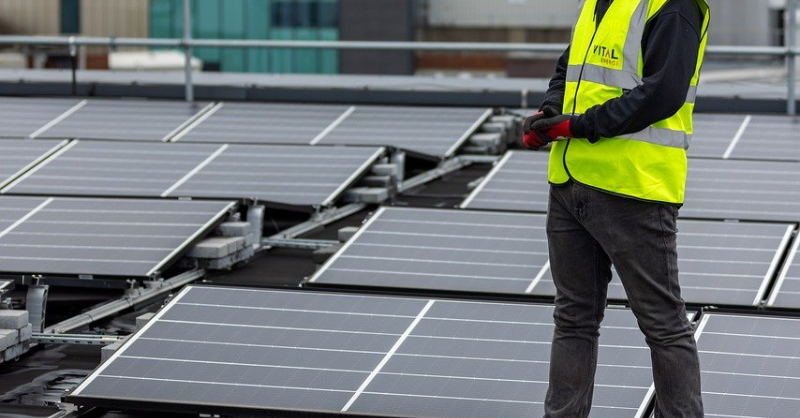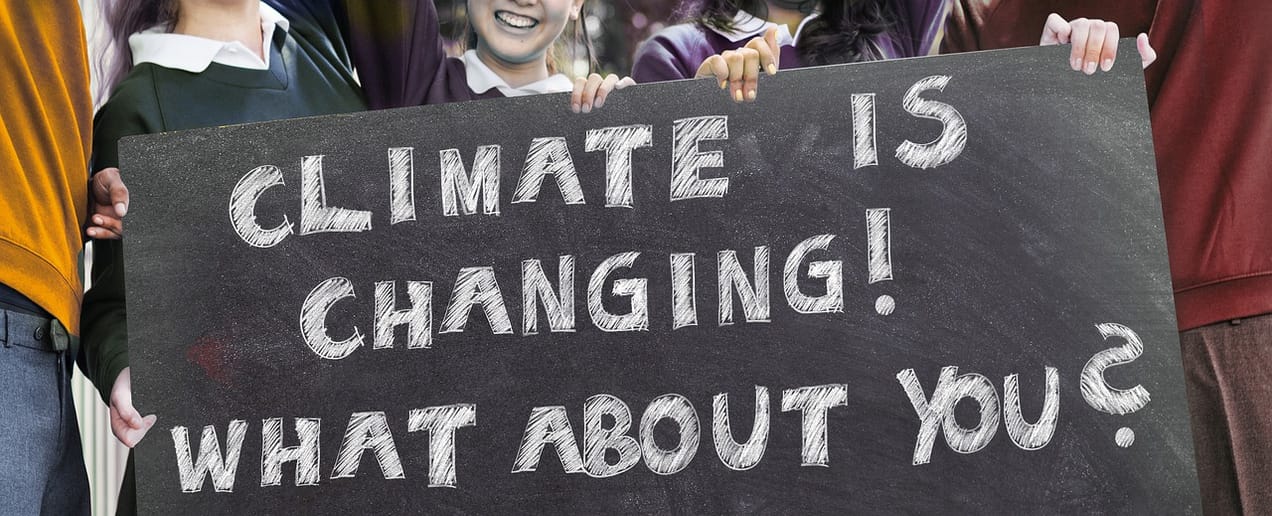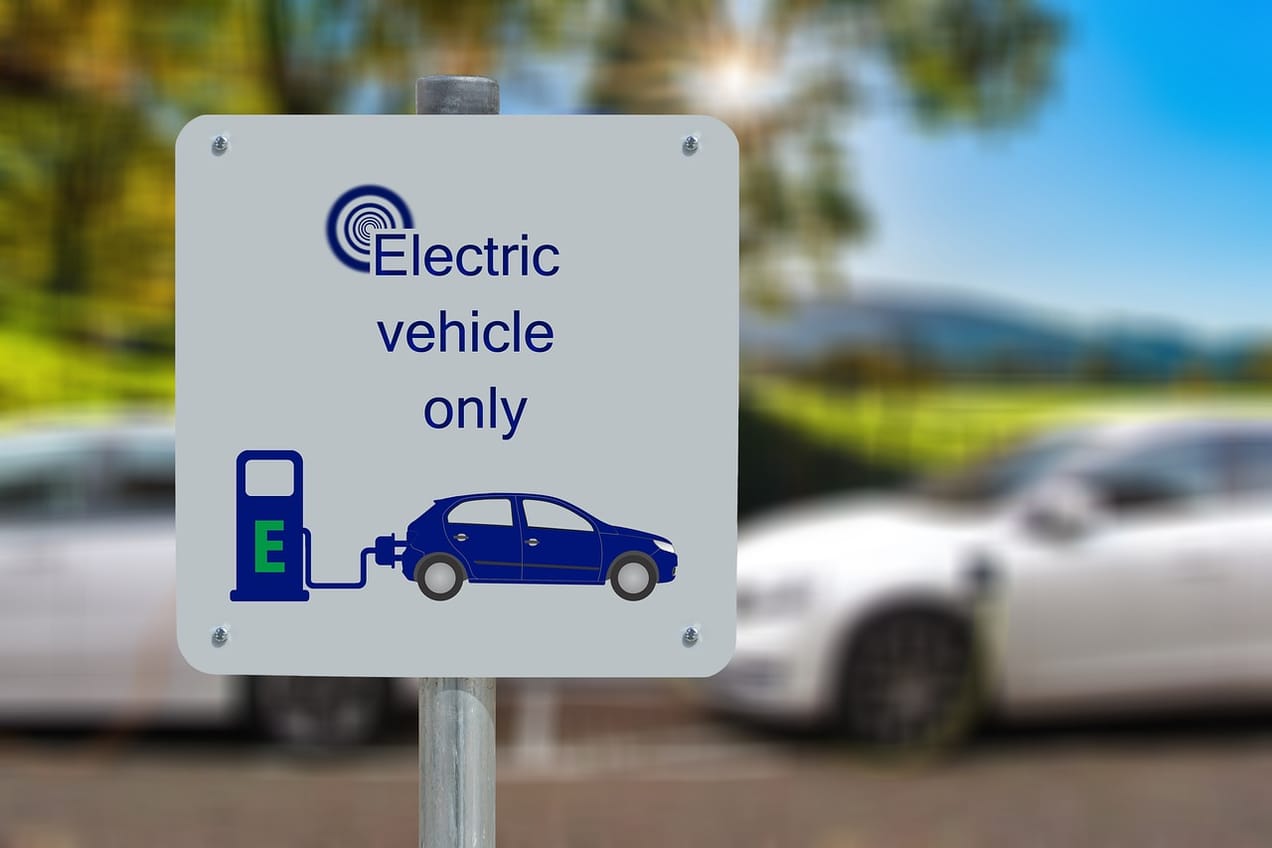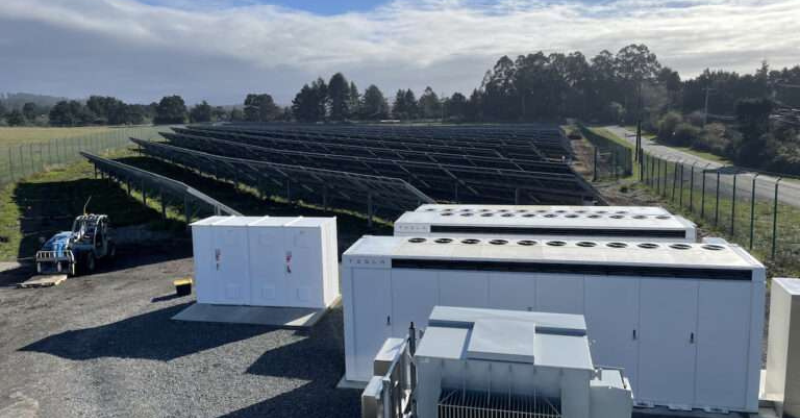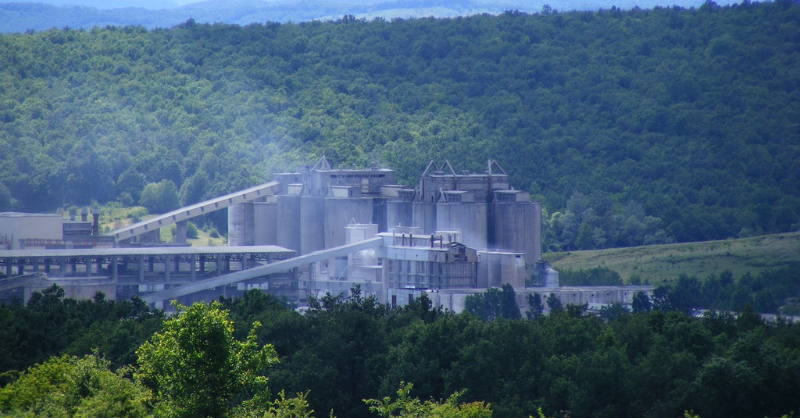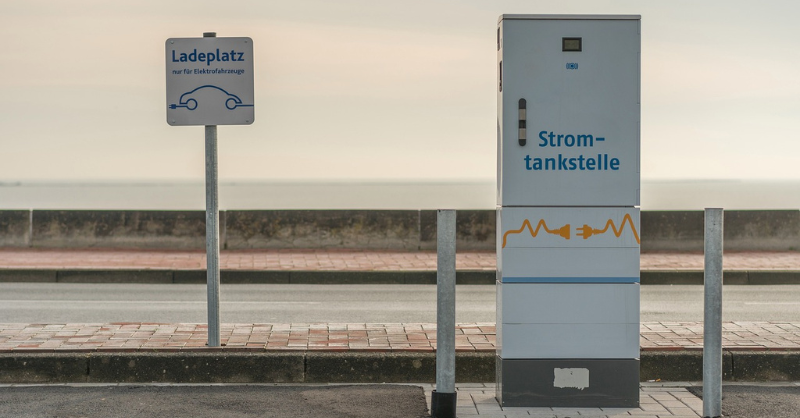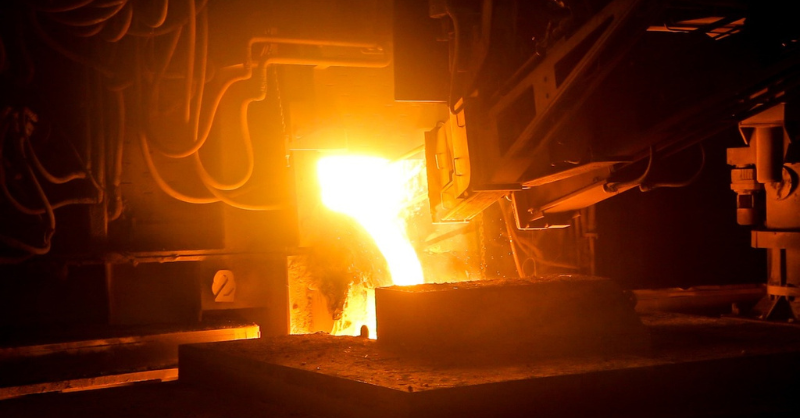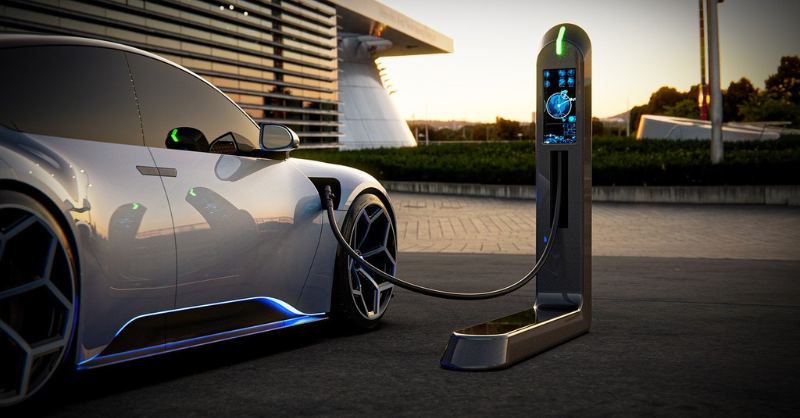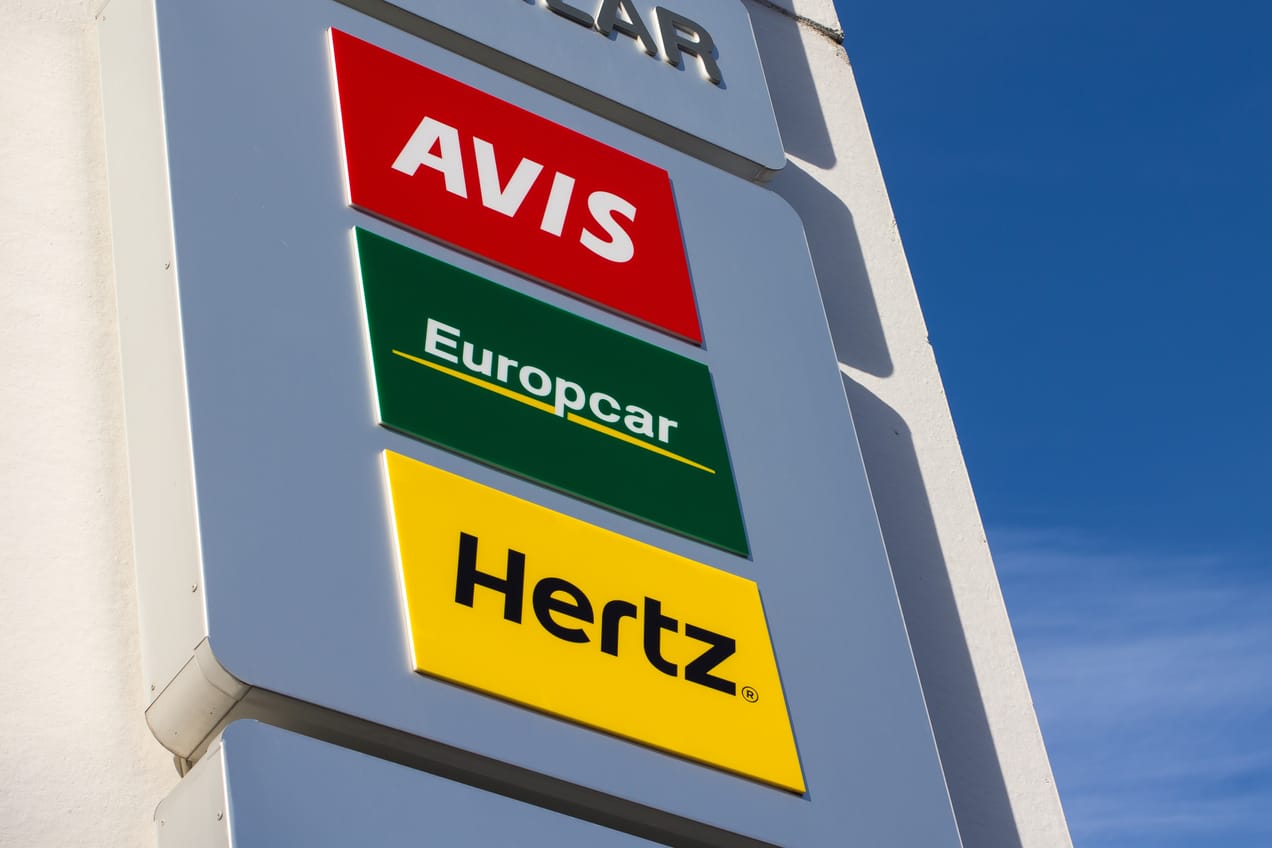Greener energy
Greener energy in transport, industry, and our electricity networks - plus all that goes with this
Thematic Thoughts: Change can happen faster than we think
Assuming business as usual is often the easy option. But often change happens faster than we expect. And this can expose the company to material risks.
Sunday Brunch: Things will be different, accept it & move on.
We need to change our business ecosystems if we are going to deliver the new, more sustainable ways of working. Assuming that we can do the same things as before, just greener, will not work.
What the public believes about EV's matters, even if it's not true
Politicians are not brave people, they want to do something that a large minority, if not the majority, will support. Which is why what the public believes about Electric Vehicles' really matters. And why 40% saying that they don't think EV's are better for the environment is a worry.
Re-using existing grid connections !
One challenge in building a new electrified energy intensive production facility is getting access to the (hopefully green) electricity. Has a West Virginia project found the solution?
Sunday Brunch: Are some industries really that 'hard to decarbonise'?
The decarbonisation challenge has two parts, technology and cost. In many cases we have a technological solution, we now need to focus on making it more cost competitive.
What investors think about green steel matters
It's sometimes easy to forget that financial markets are driven by sentiment. The 'facts' that investors believe to be true matter. For green steel, apparently 80% of investors believe the risk profile for metallurgical coal will increase in the next decade. A clear market signal.
De-carbonising electricity will take time
Energy security can be an abstract concept. But sometimes it's very real. And it can clash with environmental concerns. In that case energy security seems to win, as it recently has done in India.
EV charging & industry consolidation - a pre-requisite?
The EV charging chicken and egg? We need more high quality 'public' charging to drive EV sales - which will probably require industry consolidation
Insulation, heat pumps and half truths
We frequently hear that before we even think about rolling heat pumps at scale we need to sort out home insulation first. This is not true.
Will carbon capture enable green steel faster?
The sad answer is probably not. The current best technology in cost terms for new steel is a blast furnace - which uses a lot of coal. So bad for the environment.One solution being heavily promoted is carbon capture. But other options look better.
Can we support the electricity grid using EV's?
In the 'first' real world test, EV's were successfully used to support the electricity grid when it was under stress. There is still a lot of work to do, but V2G looks like a viable technology
A subtle carbon tax for car rental?
Could consumers be pushed into greener choices using pricing? Is stealth taxation a good thing or not?
